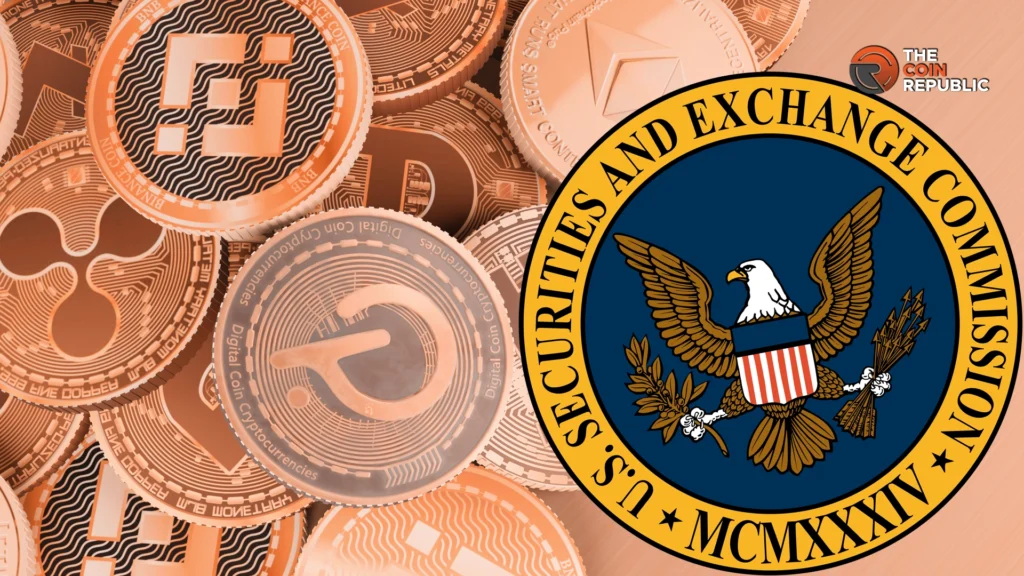The U.S. Securities and Exchange Commission (SEC) said it uses the term “cryptoasset” as a linguistic shorthand and not as a specific identification of a particular token as a security.
The clarification came in the form of a footnote in the agency’s proposed amended complaint against Binance regarding the latter’s sale of those assets and the broader set of contracts and agreements related to those sales.
The SEC said it apologized for the inconvenience and would not use the term in the future. It has drawn widespread criticism from major players in the cryptocurrency industry, particularly regarding the SEC’s credibility.
The agency reiterated its position in the Telegram case but said its language could be confusing. The SEC’s decision has raised further doubts about the SEC’s approach to digital assets, with many citing inconsistencies in previous statements.
SEC’s Crypto Terminology Change Sparks Backlash
The SEC’s efforts to further explain its position have drawn a lot of backlash from major players in the cryptocurrency industry. In his motion to dismiss, Coinbase’s chief legal officer Paul Grewal noted that the SEC had already described XRP as a cryptocurrency in its complaint against Ripple Ltd.
This statement contrasts with the SEC’s current position, which has stated that the notion of “cryptoasset” is not intended to classify every token as a security. Additionally, Ripple’s chief legal officer Stuart Alderoty complained that the agency has taken contradictory positions.
The SEC’s problem was proving that some of these digital assets fall under the Howey test for determining whether an investment contract is a security. The CEO of Galaxy Digital said the SEC’s language change erodes its authority to regulate the cryptocurrency market.
SEC Targets Binance in Cryptocurrency Lawsuit
The SEC has stepped up its actions against the cryptocurrency industry, and its lawsuit against Binance is among its top targets. The agency said Binance offered and sold digital assets that are deemed to be securities under the Howey test.
Some of the SEC’s recent enforcement actions also involve eToro and Galois Capital, among other companies. The agency accused both companies of conducting business illegally with respect to their cryptocurrency activities as it continued to show its stance on digital assets.
However, these actions have led to ongoing controversy within the crypto community over the effectiveness and lack of clarity of the current legal framework.
Cryptocurrency industry calls for clearer regulation
The SEC has been heavily criticized for its regulation of cryptocurrencies, including by its current chairman, Gary Gensler, who has been very vocal in the past, arguing that the majority of cryptocurrencies should be regulated as securities.
He also called for stronger regulation of platforms operating in the cryptocurrency sector. However, cryptocurrency companies have pointed out that the current legal framework does not reflect the specificities of digital assets, leading to compliance difficulties.
Market participants have repeatedly stressed the need to create a more sophisticated legal regime that is tailored to the unique nature of blockchain and cryptocurrencies. They argue that the current framework must provide much-needed guidance on how digital assets can comply with SEC regulations.
The SEC will continue its enforcement actions, and relations between the agency and the cryptocurrency industry will remain tense. The SEC’s definition of “cryptoassets” may signal a change in the Commission’s approach to regulating cryptoassets.
However, industry players still doubt the consistency of the agency’s actions with its stated goals. The ongoing legal proceedings against Binance and other companies will likely determine the future course of cryptocurrency regulation in the United States.

